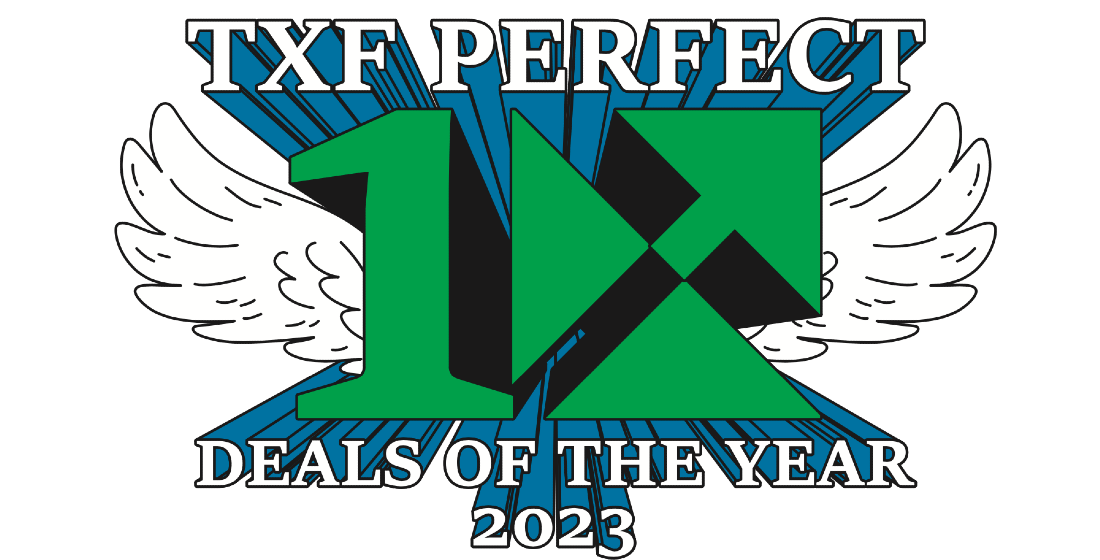A new Berne Union
As of May 2016, members of the Berne Union and Prague Club voted to fully and formally integrate, creating a new global association for export credit and investment insurance, under the single Berne Union banner.

The Berne Union has entered a new epoch! Two years ago, in celebration of our 80th anniversary, we took occasion to reflect upon the history of an organisation which has witnessed, endured, and indeed propagated dramatic change in the landscape of world trade. Tracing the timeline from our foundation by just four members in the early twentieth century, up to the present day, we charted key milestones in the Berne Union’s evolution.
One such important milestone, the foundation of the Prague Club in 1993, paved the way for the expansion of membership to include a host of smaller, recently established and maturing providers of export credits. Initially focused on the newly opened markets of Central and Eastern Europe, the Prague Club quickly evolved to represent the interests of emerging ECAs and credit insurers from across the world; in course becoming the de facto ‘incubator’ for membership of the Berne Union, with the first PC member (Poland’s KUKE), joining the BU in 1999.
Over the past 20 years, the Berne Union and Prague Club have operated in parallel and although several companies have followed KUKE to hold membership of both organisations, they have remained distinct, and hence, until now, unable to fully capitalise upon shared and mutually beneficial synergies of knowledge and resources.
Following integration, the Berne Union represents 82 members from 73 countries, including both government-backed official export credit agencies (ECAs) and private credit insurers.
There has long been a great diversity amongst the membership of the Berne Union and never more so than now, following integration with the Prague Club. Under the new Berne Union, 69 operators of state-backed export credit accounts are joined with 12 private insurance companies and 4 multilateral agencies from across the world and with annual turnover ranging from as high as $420 billion down to less than $5 million.
In 2015, Berne Union members collectively provided cover of $1.84 trillion, which compares to just $30.85 billion cover provided by PC members (less than 2%).
Of course the differences are not just limited to business turnover, but also in many cases to the underlying character of the transactions. For example, in comparison to that of the larger Berne Union members, Prague Club business is generally associated with smaller, short-term transactions, often providing working capital facilities and predominantly focused on regional (in many cases South-South), rather than intercontinental trade. Prague Club members themselves are smaller organisations, many of whom have considerably less resources available than their Berne Union counterparts.
The significance of full integration of these two groups is that the Berne Union now brings together a broader mix of credit insurers, in support of both larger and smaller export communities, contributing to greater market representation and a closer framework for valuable exchange of knowledge and expertise.
Integration supports the information sharing and development objectives of Prague Club members, allowing them to engage more closely with their BU counterparts and learn from the greater experience that the larger, longer established and better resourced agencies have developed over time.
At the same time, Prague Club members are well positioned to provide knowledge and insight into the finer points of their local and regional markets which is valuable to Berne Union members and their counterparties engaging in relevant business. It is often the case, particularly in frontier markets, that first-hand knowledge of the local customs and business practices is the most expedient way to avoid the most common pitfalls.
Already, engagement is working well and as we head towards the first Annual General Meeting of the new Berne Union, larger and smaller members are working together to tackle key challenges, collaborating in discussions around country risk, KYC and compliance, and the impact/opportunity of disruptive technology in trade finance.
As well as the mutual benefits that members of the Berne Union and Prague Club can realise through greater dialogue and cooperation, this combined global representation also facilitates more effective interpretation and application of international frameworks by all parties, and provides the opportunity work together to influence regulators and standard setters who guide the industry.
The eight years since the global financial crisis have been marked in the world of trade finance by capacity and appetite of the banking sector to bring liquidity to the market in the face of increasing regulation and risk aversion. This environment has undoubtedly given new relevance to the ECAs and credit insurers who support the market, but the efficacy of export credit support can only be fully realised if it is allowed to provide a tangible benefit to end clients, in particular banks looking for capital relief under Basel regulations.
In its most recent report on leverage ratio requirements under article 511 of the CRR, the European Banking Authority (EBA) explicitly recognised the lower risk of ECA-covered transactions, hopefully paving the way for a more favourable treatment for ECA finance, and ultimately, perhaps, export credit insured transactions more generally.
This follows strong advocacy and engagement efforts from across the industry, including not just the Berne Union, but also colleagues at the ICC Banking Commission, EBF and others, and demonstrates the value of a powerful and coherent industry voice in advancing the collective interests of all participants. Integration of the Prague Club furthers this objective and allows the Berne Union to benefit from more effective internal and external communication of issues central to the industry.
A new Prague Club Committee will complement the existing Berne Union specialist committees, while retaining the unique identity of the Prague Club
Of course, the Prague Club has always had its own unique interests and a valuable culture of knowledge exchange amongst its members and its original mission, to support members in developing their export credit and investment insurance schemes and facilities remains valuable.
For this reason, a new ‘PC Committee’ will continue this nurturing objective, sitting alongside the other specialist committees in short-term, medium/long-term and investment, within the auspices of the newly integrated Berne Union. This will allow the Prague Club to retain its unique identity, while providing greater scope for partnerships and knowledge-sharing amongst all members.
Industry trends at present suggest that greater integration, greater transparency, greater dialogue and greater outreach will be the priorities of the coming years
The industry continues to change swiftly and looking forward, members of the Berne Union are individually and collectively adapting their strategy and product development to meet the coming challenges.
SMEs have long been on the mind and in the mouths of policy makers and business leaders alike; an essential, valuable and underserved segment, the challenge lies in overcoming the reversed economy of scale inherent in low-value, low-resource transactions which remain equally burdensome to administer. Technology is beginning to change this, and ECAs and insurers are poised to adapt their product suite to capitalise upon this.
Increasing partnership between public and private insurers has also been a hallmark of recent years. The Berne Union continues to evolve in line with this and as the tenor, capacity and risk appetite of private market insurers grows ever closer to their ECA counterparts the industry as a whole benefits from the increased engagement, new ideas and innovation which is brought to the market by all participants.
The Berne Union benefits greatly from the integration of the Prague Club and in the spirit of these wider developments, the opportunity to bring newly amplified voices to the table can only be of benefit to the industry as a whole.
Kai Preugschat Paul Heaney
Berne Union | Secretary General Berne Union | Media & Communications Manager








